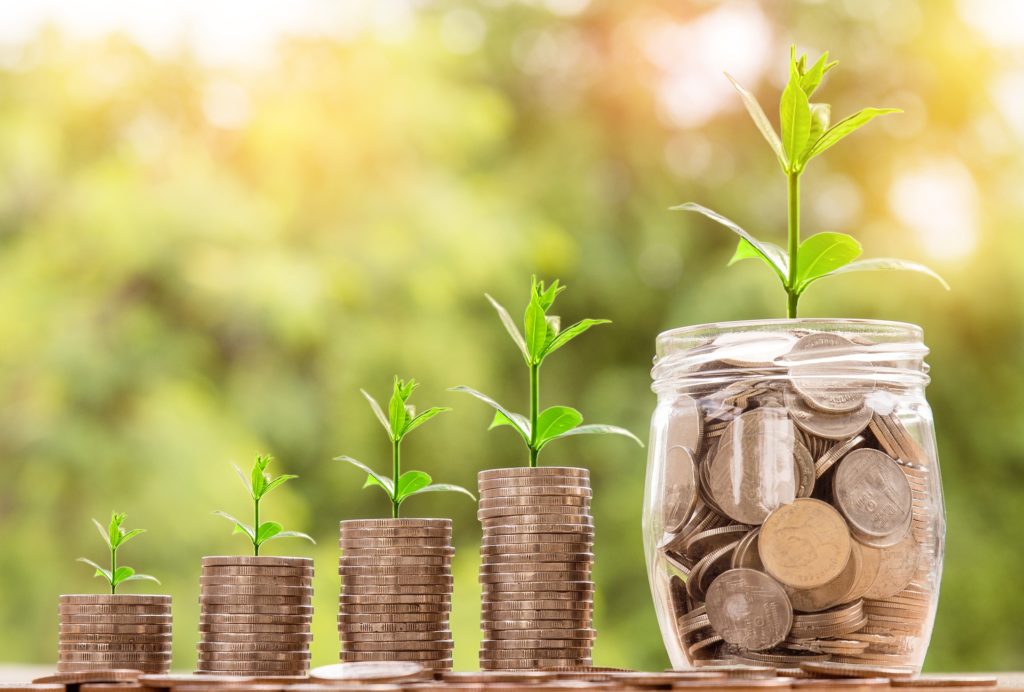When you’re broke, saving money can seem like an impossible task. It can feel like there’s just not enough money to go around, and any extra expenses could push you deeper into debt.
However, it’s important to remember that even small savings can add up over time and make a big difference in your financial situation.
I’ve seen many people successfully save money even when they’re on a tight budget. In this post, I’ll share ten ways to save money when you’re broke.
- Create a Budget:
The first step in saving money is to create a budget. You need to know exactly how much money you have coming in and going out each month. This will help you to identify areas where you can cut back on expenses. Start by writing down all your monthly bills and expenses such as rent/mortgage, utilities, groceries, transportation, and any debt payments. Then, compare this to your monthly income. If your expenses are greater than your income, you need to find ways to cut back.
- Cut Back on Non-Essential Expenses:
Once you’ve created a budget, look for non-essential expenses that you can cut back on. For example, eating out, buying coffee, and buying new clothes are all expenses that can quickly add up. Instead, consider cooking at home, making your own coffee, and buying clothes second-hand or on sale. Cutting back on these small expenses can make a big difference in your budget over time.
- Use Coupons and Discount Codes:
Coupons and discount codes can help you save money on everyday expenses. Check your local newspapers and online for coupons on groceries, household items, and other necessities. Additionally, many online retailers offer promo codes that can be used to save money on purchases. Before making a purchase, always search for a discount code to see if you can save money.
- Use Cashback Apps:
Cashback apps like Ibotta and Rakuten can help you save money on everyday purchases. These apps offer cashback on purchases made at certain retailers or on certain items. You can earn money back on things like groceries, clothing, and even travel. Simply download the app, browse available offers, and start earning cashback on your purchases.
- Shop Second-Hand:
Buying items second-hand is a great way to save money. Thrift stores, garage sales, and online marketplaces like eBay and Facebook Marketplace can offer great deals on clothing, furniture, and other items. Additionally, buying used items is better for the environment as it reduces waste.
- Avoid Credit Cards:
When you’re broke, it’s best to avoid using credit cards. Credit cards can quickly add up debt, which can be difficult to pay off. Instead, use cash or a debit card for your purchases. This will help you stay within your budget and avoid accumulating debt.
- Save Money on Utilities:
There are many ways to save money on utilities. For example, you can lower your electricity bill by turning off lights and unplugging appliances when they’re not in use. You can also save money on your water bill by taking shorter showers and fixing any leaks in your home. Additionally, consider switching to energy-efficient light bulbs and appliances to save money on your monthly bills.
- Take Advantage of Free Activities:
When you’re on a tight budget, it can be challenging to find ways to have fun without spending money. However, there are many free activities that you can take advantage of. For example, you can go for a hike, visit a museum on a free day, or attend a free community event. These activities can provide entertainment without breaking the bank.
- Consider a Side Hustle:
If you’re struggling to make ends meet, consider taking on a side hustle. There are many waysto make extra money, such as freelance work, selling items online, or offering your skills and services to others. By dedicating some of your free time to a side hustle, you can increase your income and save more money.
- Build an Emergency Fund:
Finally, it’s important to build an emergency fund. Life can be unpredictable, and unexpected expenses can arise at any time. By having an emergency fund, you can avoid going into debt when these expenses occur. Aim to save three to six months’ worth of expenses in your emergency fund. This will provide a safety net in case of job loss, medical expenses, or other emergencies.
Conclusion:
Saving money when you’re broke can be challenging, but it’s not impossible. By creating a budget, cutting back on non-essential expenses, using coupons and cashback apps, shopping second-hand, avoiding credit cards, saving money on utilities, taking advantage of free activities, considering a side hustle, and building an emergency fund, you can make small changes that can add up to significant savings over time.
I encourage everyone to prioritize saving money and building financial stability, even when on a tight budget.
Saving money is important for several reasons:
- Emergency funds: Saving money allows you to build an emergency fund that you can tap into when unexpected expenses arise, such as medical bills, car repairs, or job loss. Without an emergency fund, you may be forced to rely on credit cards or loans, which can lead to debt and financial instability.
- Future goals: Saving money can help you achieve your future goals, such as buying a home, starting a business, or saving for retirement. By setting aside money regularly, you can make progress towards these goals and ensure that you have the financial resources to achieve them.
- Financial security: Saving money provides financial security and stability. It can help you avoid financial stress and anxiety and give you the freedom to make choices based on what is best for you, rather than what you can afford.
- Retirement: Saving for retirement is essential to ensure that you have a comfortable lifestyle when you retire. By saving early and consistently, you can take advantage of compound interest and ensure that you have enough money to support yourself in retirement.
- Unexpected life events: Unexpected life events such as divorce, illness, or disability can have a significant financial impact. Saving money can help you navigate these events and provide a safety net that can protect you and your family from financial hardship.
In summary, saving money is important because it provides financial security, helps you achieve your future goals, and prepares you for unexpected expenses and events. By making saving a priority, you can improve your financial well-being and create a better future for yourself and your loved ones.









